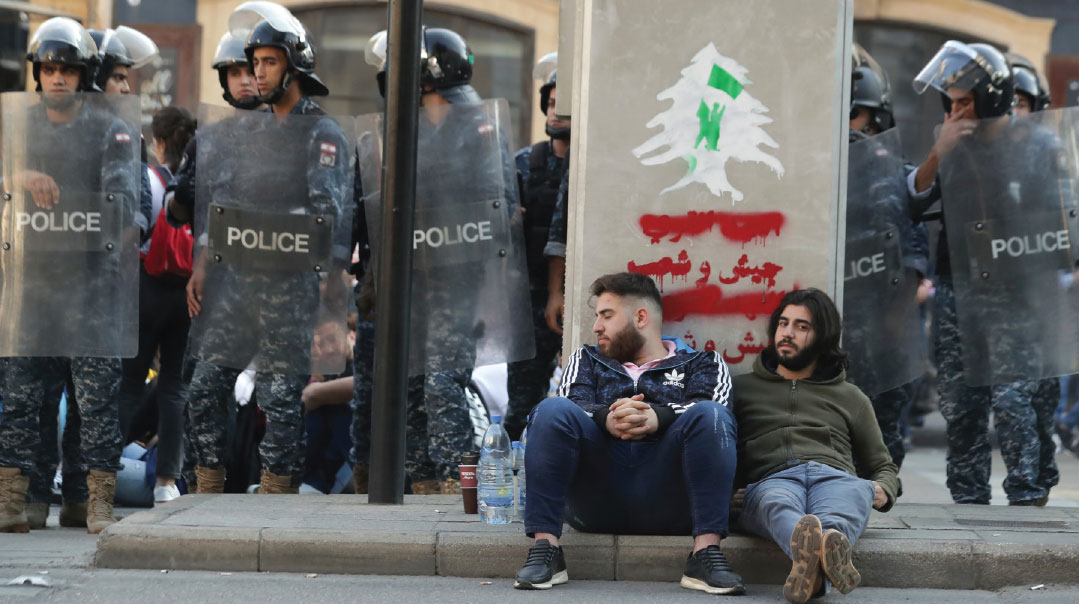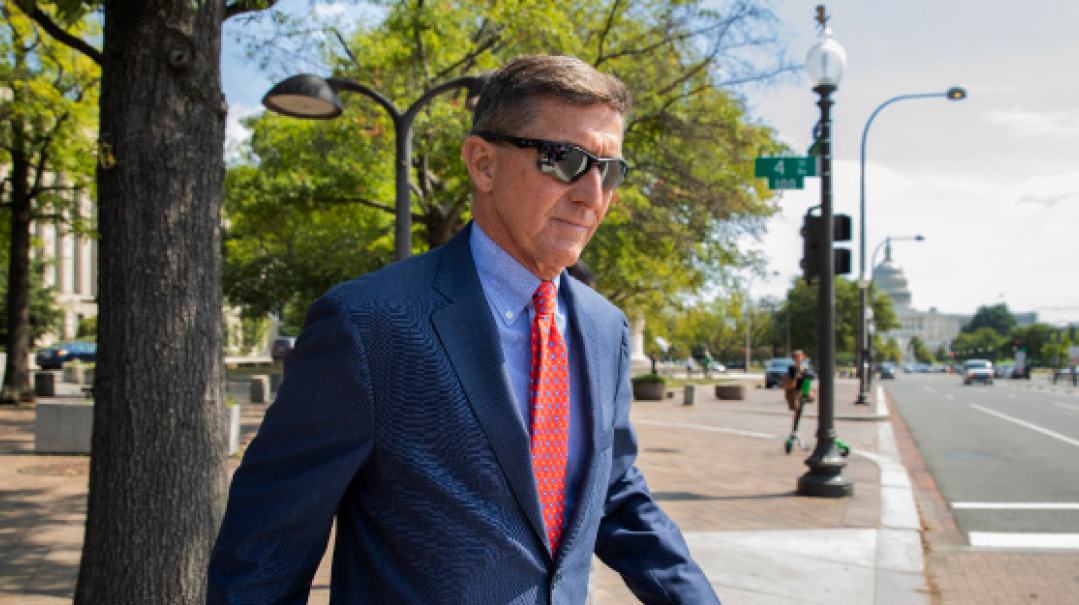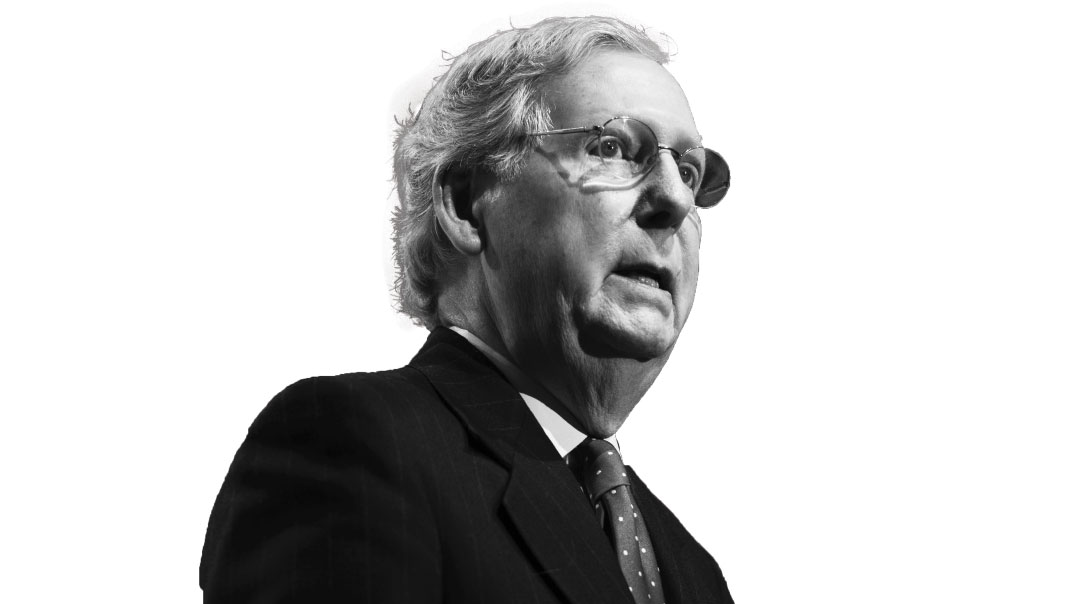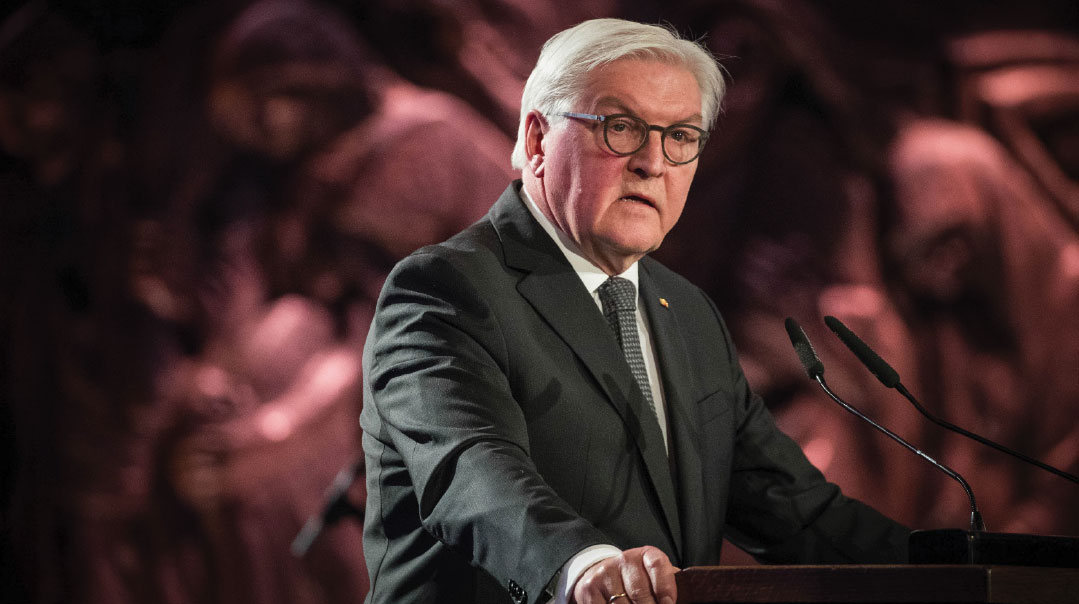Lebanon and Iraq Take to the Streets


Photo: AP/IMAGES
I
t would be easy to dismiss the protest movements in Lebanon and Iraq as a minor news item — disgruntled demonstrators complaining about the price of bread soon to be crushed by their countries’ militaries. But it’s also possible that something real is brewing in Beirut and Baghdad, something that might threaten Iran’s hegemony in the region.
The short story is that thousands of people have come out in Lebanon to protest the country’s woeful economic state and its decades-long political rot. The tipping point came when the government, saddled by $100 billion in debt, proposed taxing internet calls made on services like WhatsApp and FaceTime. Lebanon’s economy depends on tourism, banking, and the salaries of Lebanese who work abroad. But after Lebanon-based Hezbollah joined Iran in fighting the war in Syria on behalf of dictator Bashar al-Assad, Gulf Arab states protested by expelling thousands of Lebanese laborers, drying up a vital source of income.
“At the end of the day, the protests against the government are very concrete and have been maturing for a long time,” said Dr. Jacques Neriah, a Middle East analyst at the Jerusalem Center for Public Affairs and a former policy advisor to Prime Minister Yitzchak Rabin. “We are witnessing a big change in Lebanon, and we don’t know [which direction] it will go.”
Wresting power from Hezbollah, which effectively controls the country with its military presence and key positions in the government, will not be easy. The terror group is backed by Iran, the kingmaker in the region since the 2015 nuclear deal. As well, Hezbollah enjoys significant support from Lebanon’s Shiite population.
On October 29, Lebanese prime minister Said Hariri announced his resignation. A current proposal to solve the crisis would have Lebanon led by a group of technocrats, but Neriah sees little chance of that scheme succeeding. Lebanon is a patchwork of 18 different ethnic groups and “the chiefs will oppose it,” Neriah said. “Which means that we are entering a period of instability and uncertainty. Right now, the main loser is Hezbollah.”
In Iraq, Iran is again the target of civic ire. Through Shiite militia groups, Iran has succeeding in entrenching itself as the power broker in the country. In early October, after the first protests broke out, Revolutionary Guards commander Qassem Solemeini flew to Baghdad and “chaired a meeting of Iraq’s top security officials,” according to David Adesnik of the Foundation for Defense of Democracies.
Iran has blamed the United States and Israel for fomenting the protests and the country’s supreme leader demanded that Lebanon and Iraq “make it a priority to stabilize these security threats.” When, recently, Iraqi Prime Minister Adel Abdul Mahdi threatened to resign, Soleimani again stepped in, quashing the move.
The demonstrations in Iraq represent the biggest mass protest since the US-led invasion in 2003. Here too, political corruption, along with rampant pollution and meager economic prospects, have brought demonstrators to the streets. However, Neriah believes it will be much more difficult to uproot Iran from Iraq.
Then again, Adesnik notes in an FDD policy brief, Iraqi protesters have torched dozens of buildings associated with Iran-backed militias and recently killed a militia leader after his group shot dozens of demonstrators.
Could it be that Iran is spread too thin? There are signs that its Middle East empire is heaving under the weight of thousands of voices raised in protest.
(Originally featured in Mishpacha, Issue 784)
Oops! We could not locate your form.







